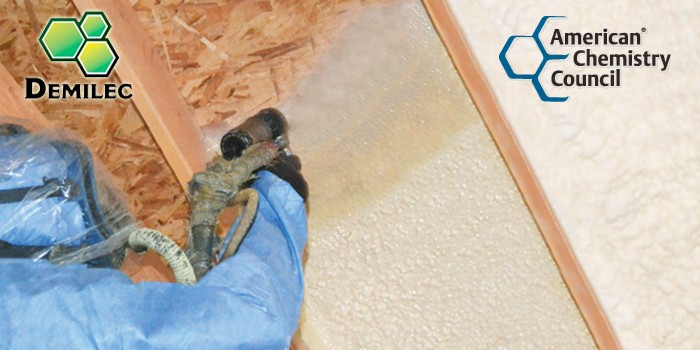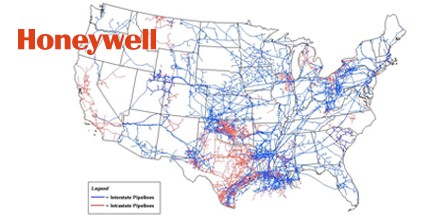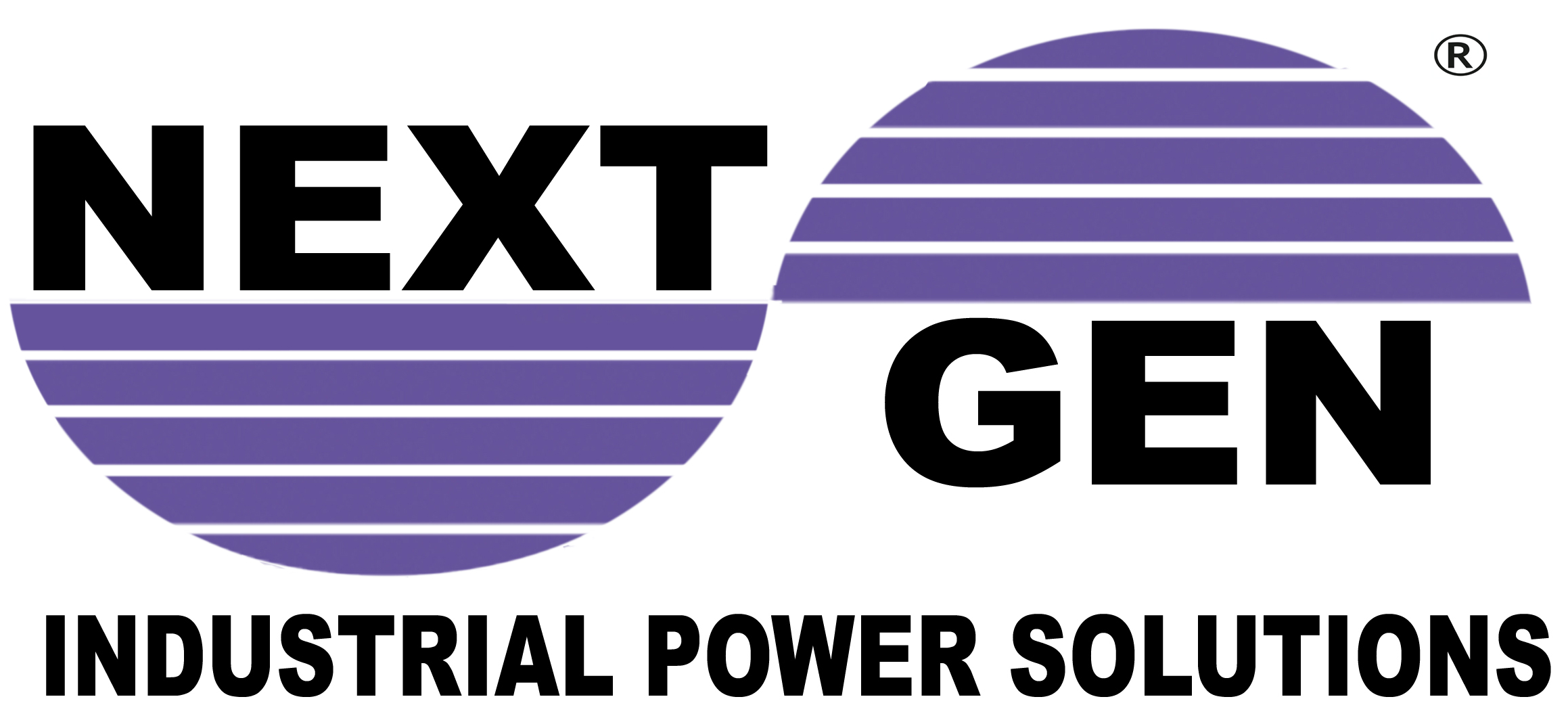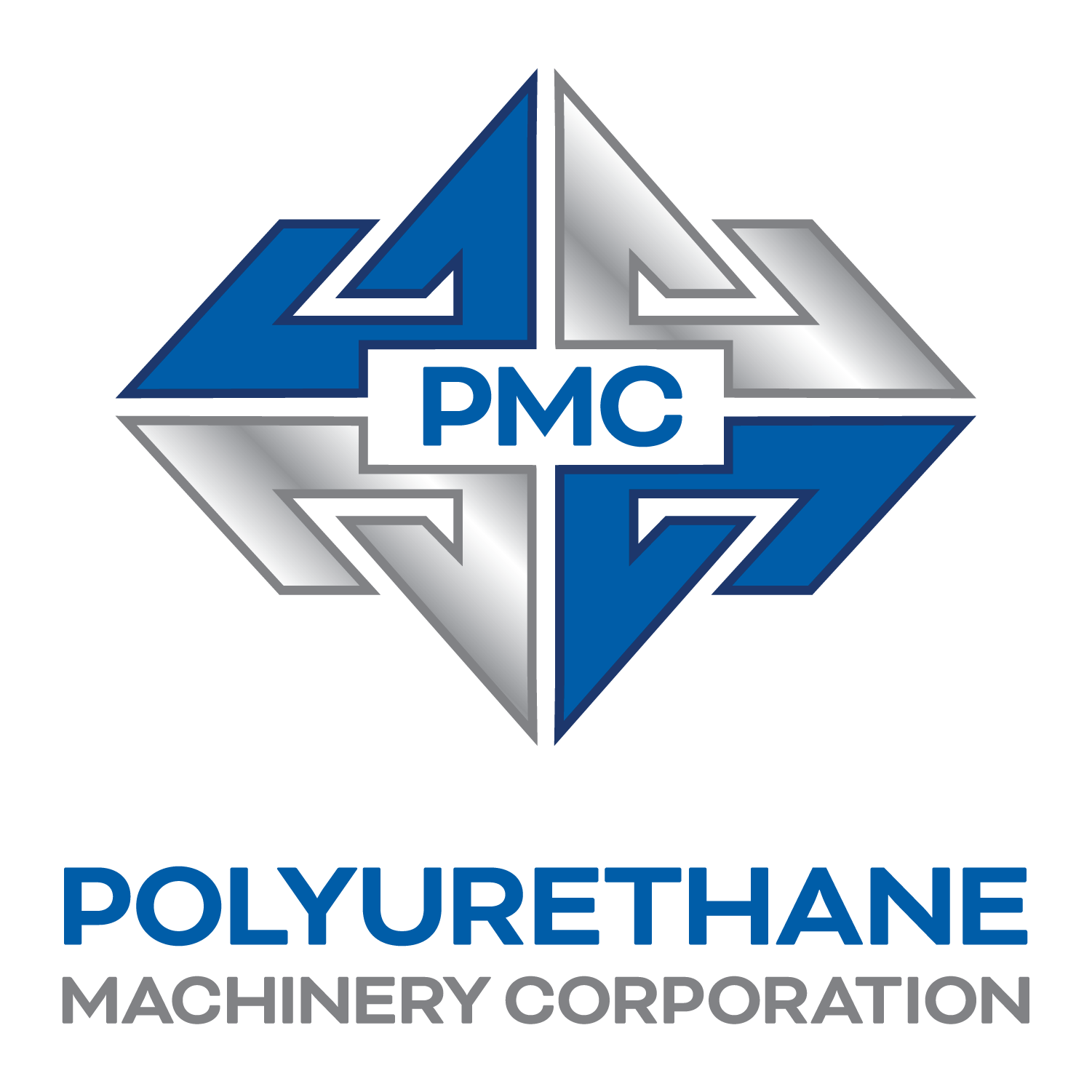Spray Foam Critical Part of U.S. Military's Long-Term Energy Plan
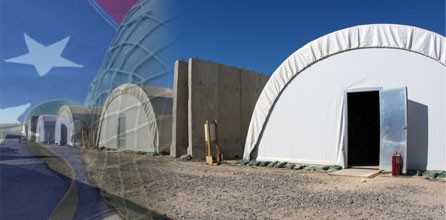
THE WOODLANDS, TX - May 20, 2011 - The U.S. military has been a leader among all organizations in its adoption of clean energy technologies. In an effort to meet the aggressive renewable energy goals mandated by the federal government, the military is increasingly using spray foam in its building designs both domestically and abroad.
According to a new white paper released by Huntsman, spray foam is playing an increasingly important role in the military's efforts to reduce its energy consumption. The Texas-based company's report, "Military Standards and Spray Polyurethane Foam Insulation," states that the federal government is required by law to cut its energy consumption by 30 percent by 2015.
The Department of Defense, which is the biggest user of energy within the federal government, has endeavored to meet the clean energy mandate by not only increasing its adoption of solar and wind power systems, but also incorporating spray foam into its building and design plans.
With uncontrolled air leakage contributing approximately 40 percent to the cost of heating and cooling systems, the military has aggressively moved to employ spray foam over traditional insulation products. In fact, the U.S. Army Corps of Engineers (USACE) has revised its air tightness standards to improve the energy efficiency of its buildings.
By using spray foam, the military is better equipped to meet the tough standards from the USACE. By mitigating the problem of air infiltration, spray foam acts as an effective thermal insulation material and air barrier, the white paper concludes. Further, the report states that buildings insulated with spray foam often use 30 to 50 percent less energy to heat and cool, compared to traditional insulation materials.
The U.S. military also has incorporated spray foam into its building practices throughout the Middle East, where soldiers are stationed, said Huntsman Polyurethanes industry affairs manager Monica Karamagi.
"Spray polyurethane foam has been used in military installations domestically and in the Middle East to help meet the demands for reduced energy consumption," Karamagi said in a statement. "It is a particularly valuable tool for reducing energy consumption because of its quick and ongoing payback. According to a U.S. Army Materiel Systems Analysis Activity study, SPF provided a 50 percent fuel savings and achieved a full return on investment (ROI) in just 75 days at Camp Victory in Baghdad."
Spray foam has been especially helpful to soldiers stationed abroad as the increased energy efficiency allows convoys to carry less fuel with them, permitting them to travel quickly through regions where they could be at risk of attack.
Disqus website name not provided.





